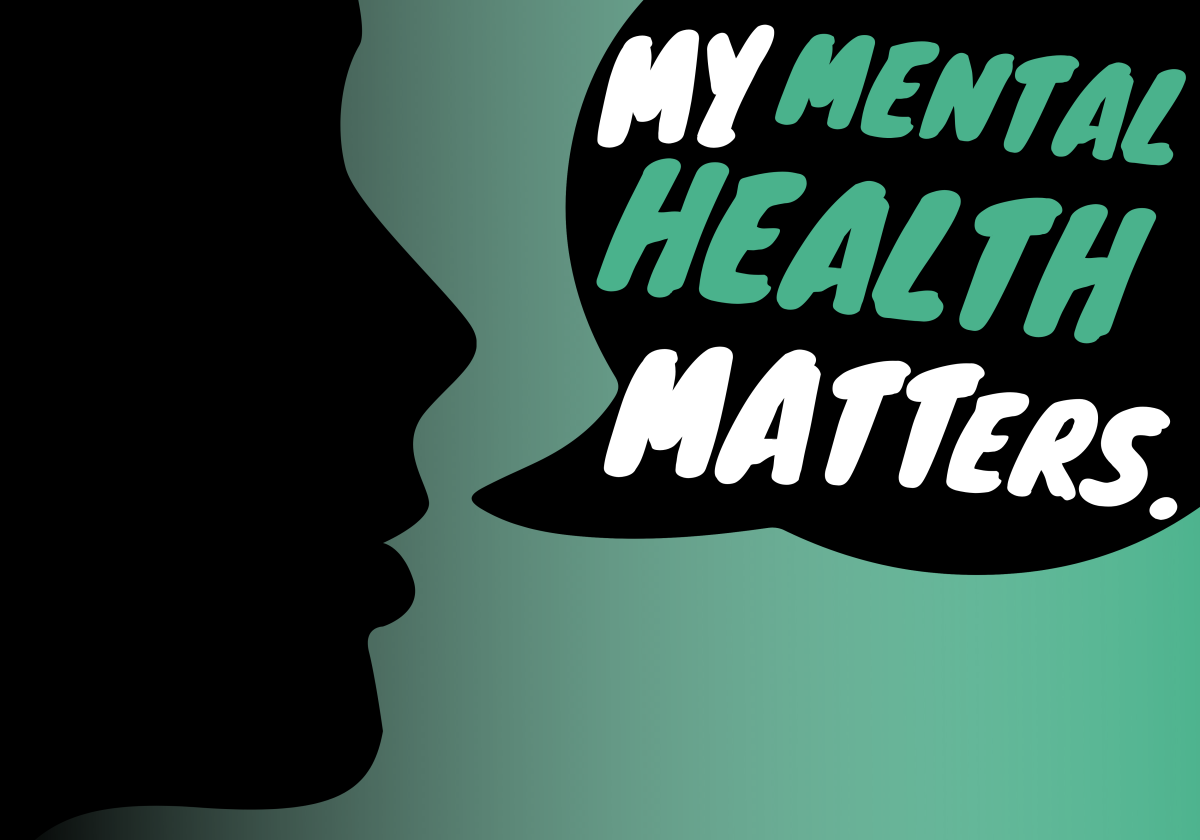We cannot rely solely on students for change
The racism that surrounds predominantly white institutions (PWI)’s is notorious. The experiences that Black students face with both subtle and explicit racism is appalling, but all too common. The understanding of that prejudice is exhausting.
Campuses are not a safe space, and there’s a sense of hyperawareness that comes with this realization. Not only do these students have to deal with the burden of racism, they are also expected to single handedly fight against it.
With the national movement towards racial justice, sparked by the police killing of George Floyd in May 2020, universities want to appear nonracist. Diversity initiatives are being implemented and people are speaking out now more than ever. But do any of these words and actions hold gravity if, once again, Black students are expected to carry these efforts on their back?
At times, it seems like they are being used by the university to fix issues that aren’t their fault. They are the ones experiencing the lasting effects of systemic and overt racism, yet they have to be the educators. In this work and education, it’s reliving trauma in order to make aspects of racism easier for their white peers to understand.
Black students are also simply just that– students. They have academics, work and social lives, and it should not fall on them to be racial educators as well. Trying to balance the many struggles and responsibilities that college students face is hard enough as it is. Black students deserve to enjoy their college years the same way that their white peers do. They should not have to worry about microaggressions or constant racist comments in and out of the classroom, but the reality is that they do. The constant vigilance is enervating. That, combined with the pressure to do the right thing and be activists as well, is an overwhelming emotional burden.
When Black students are educating peers or discussing their lived experiences with racism, it is not an easy task. It is a courageous but draining act to share their stories. It certainly is important for students to understand what their Black peers undergo, but that doesn’t mean it comes without cost. Reliving these experiences and constantly trying to make change can lead to burnout.
Mental health issues in the Black community are at an all-time high, and attending a PWI has additional adverse effects on Black students’ mental health. Many of them are burned out.
Activism is noble, necessary and sometimes thankless work. The feelings of hopelessness, exhaustion and cynicism are some of the biggest signs of burnout. These signs are also symptoms of declining mental health, and are a huge detriment not only to the education of Black students, but to their overall health. If PWIs say that they are committed to bettering the lives of their Black students, they need to show that with their actions. Instead of trying to appease white supremacist donors, they should listen to their Black students and make actual change instead of easy, swooping statements and not following through on promises.
It is not feasible for universities to rely on Black students, or a small group of Black, Indigenous and people of color (BIPOC) staff members for all diversity work. Substantive diversity work is needed from all members of the community, not just those who it directly affects. The work that many Black students provide is emotionally taxing and deserving of compensation. It is essentially another job. There are ways for PWIs to show they care about their Black students without burdening them.
These same universities need to handle racism on campus seriously, instead of invalidating Black students who come to them for support. When they choose the comfort of white students over justice for their Black students, it sends a clear message what their priorities are.
There’s a difference between giving Black students a voice to make much needed change on campus and placing all of the work on Black student leaders to make the university look progressive. Diversity work is a great thing, and education is most definitely needed. But, it is not something that should be done by Black students alone.














































